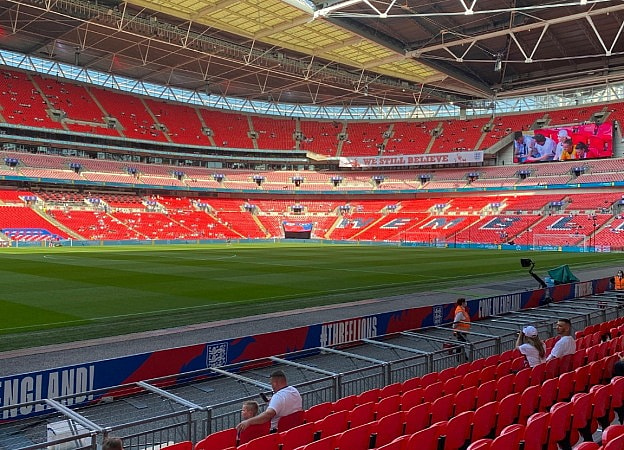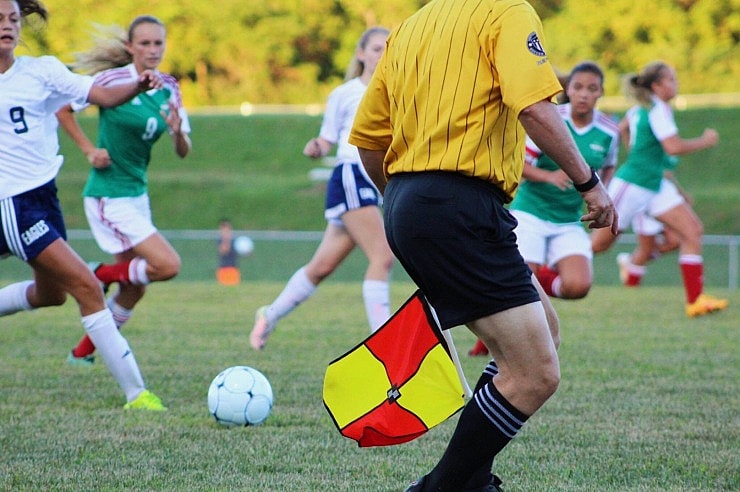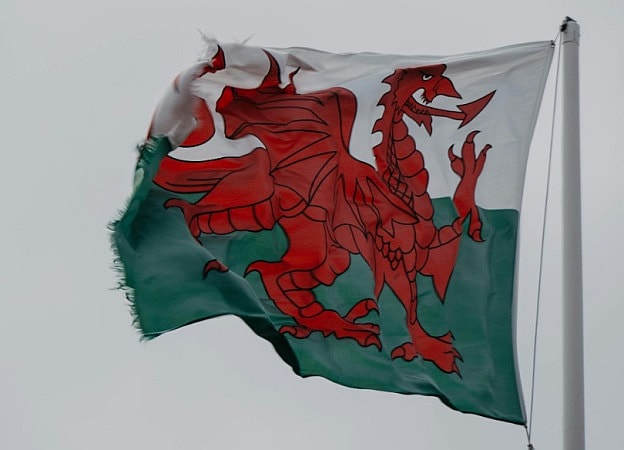It was a woman, Sarina Wiegman, who led England’s women footballers to glory in the Euros, and she will be leading the squad again as they head to your Women’s World Cup Predictor screens this summer. You may think that this is the norm, and exactly how it should be, but sadly, the reality is far from the truth.
At the time of writing, just 13 of the 32 teams you can choose in your Women’s World Cup Predictor are managed by women, and representation in the major women’s soccer leagues is even lower. The WSL has just four female managers out of twelve clubs and the proportion is the same in France’s Ligue 1. Elsewhere, it’s even worse, with just four female managers out of sixteen in Spain’s Liga F, two out of ten in Italy’s Serie A and a pitiful one out of twelve in Germany’s women’s Bundesliga.
But why are female managers so thin on the ground, and what is being done to improve matters?
Lack of experience
The biggest issue is lack of experience. The Women’s Super League has only been around since 2011, and it has only been fully professional since the 2018/19 season. This means that there are simply not enough former players wanting to step into coaching roles.
“It’s a reflection of the women's game and its journey to professionalism and the journey that we're on as a whole," explains Wales Women's manager Gemma Grainger. “There's naturally more male coaches because the men's game has been professional for much longer.”
A brighter future
Fortunately, as the game develops there are some high-profile names moving to coaching. These include former Lioness Beth Mead and former Dutch international and current Arsenal player Viv Miedema. Jungle Queen, Jill Scott has also talked of moving into a coaching role at Manchester City, although her journey points to another reason for the lack of women coaches – the lucrative pull of the media.
In the same way that there’s a lack of former players available for coaching, there are also too few female football pundits around. Inevitably, the twin pull of financial rewards and fame makes the media roles more attractive for former football stars.
Changing perceptions
Gemma Grainger sees a more fundamental problem that needs to be addressed if we are to have more women coaches, and that’s the preconceptions that are rife in the game. “The stereotypes are embedded in history,” she told Sky Sports. “And they have been for years and years and years.” If women are to break through into coaching roles in the WSL, and perhaps one day in the top-flight of the men’s game, then they have to break through a huge glass ceiling first.
Fortunately, there are increasing numbers of female coaches at youth and academy level. This not only gives these women valuable experience to develop their careers, it also normalises women coaches in the minds of young players from an early age. Add this to the estimated 100,000 more girls playing football since England’s win at the Euros, and we could be on the verge of a sea-change in gender perceptions within the game.
Let’s hear it for the girls
If you want to back the female managers in your Women’s World Cup Predictor game, then here are the teams to look out for:
To join the fun of the Noise Women’s World Cup Predictor game, get in touch today on 01524 68446 or visit the website and complete the contact form.

![]()




